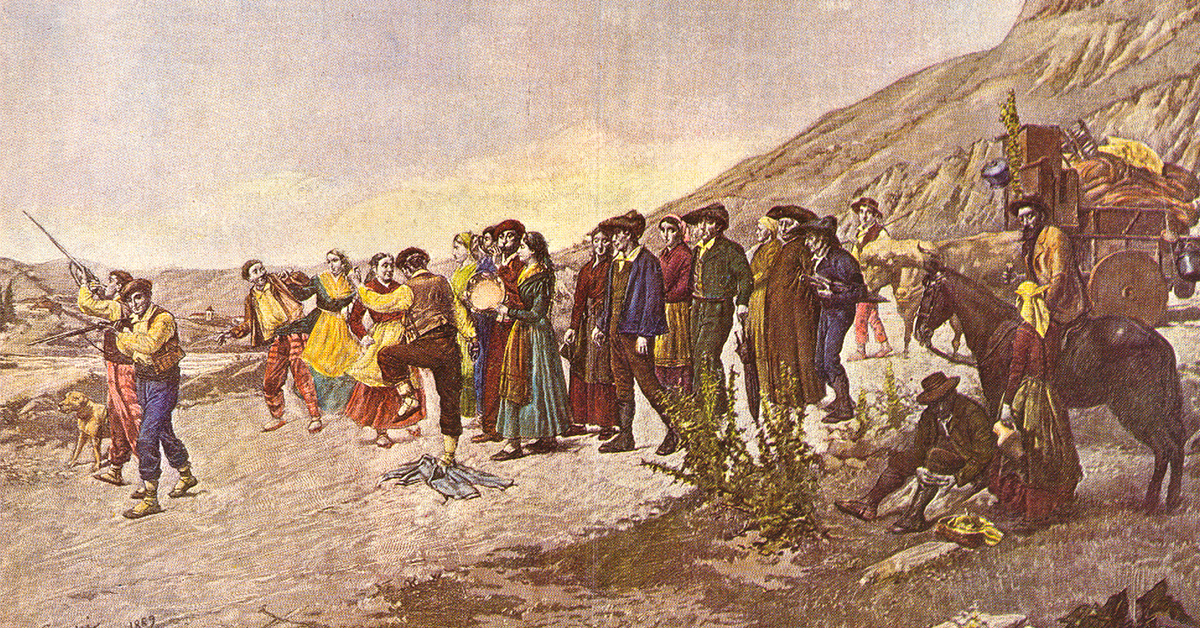Archives
Within the private sphere of families, community groups and neighbourhood associations, certain traditions (songs, improvisations, stories and legends, musical and rhythmic internalizations or informal dances) emerged and achieved great social and recreational impact. Spreading throughout the peninsula since the 16th century, this social phenomenon would be likewise echoed in the Basque Country, manifesting itself in a generalized, spontaneous manner which was hardly subject to standardization.
The testimonies of interviewees from Bizkaia[1] take us back to the late 19th and early 20th centuries, a time of ups and downs (military conflicts, dictatorships, ideological changes, civil and ecclesiastical censorship…) for our traditional Carnival (Karnabalak, Aratusteak, Carnestolendas…), as far as its significance and popularity were concerned. Carnival is, shall we state, a period which combines fixed festive celebrations and variable dates (determined by the first full moon of Easter), contextualized between the Christmas cycle and the Lenten quarantine which heralds Easter. (more…)





